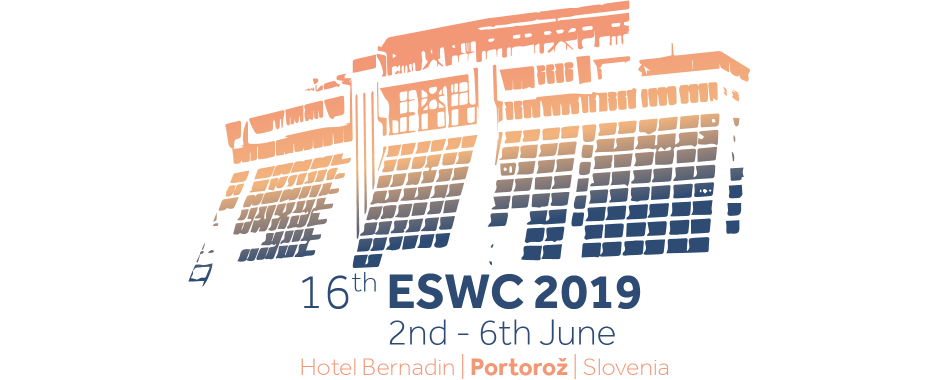Description
Ontologies, schemas, and vocabularies play a central role in the Semantic Web. They foster the publishing, retrieval, integration, and reusability of (linked) data, and enable the design and implementation of robust and intelligent applications. Ontologies can be learned from (linked) data or text, extracted from legacy datasets, be re-implementations of existing data models, or developed from scratch. Ontologies also enable reasoning, i.e., deriving facts that are not expressed in ontologies or knowledge bases explicitly. This track aims to attract innovative research on ontologies, schemas, vocabularies and reasoning. We welcome both theoretical and practical research papers.
Topic of Interest
Topics of interest include but are not limited to:
- Ontology management, maintenance, and reuse
- Ontology design patterns and anti-patterns
- Ontology matching, alignment, and merging
- Evolution of vocabularies, schemas, and ontologies
- Pattern mining and extraction
- Knowledge acquisition (extraction, learning)
- Languages, tools, programming paradigms and methodologies for (collaborative) ontology engineering
- Ontology repositories and ontology search
- Evaluation of ontology and schema quality
- Ontology-driven applications in industry and research
- Ontology- and schema-based data integration and curation
- Semantic Web (e.g., schema-centric) programming
- Ontologies, schemas, and vocabularies for specific domains (publishing, law, bio-informatics, medicine, geosciences, cultural heritage, digital humanities, food and agriculture, Internet of things, media and entertainment, and other commercial and industrial sectors)
- Reasoning algorithms and implementations
- Optimisation, approximation and evaluation of reasoning algorithms.
Track Chairs
Mari Carmen Suárez-Figueroa, Universidad Politécnica de Madrid, Madrid, Spain
Markus Stocker, TIB Leibniz Information Centre for Science and Technology, Hannover, Germany
Share on
